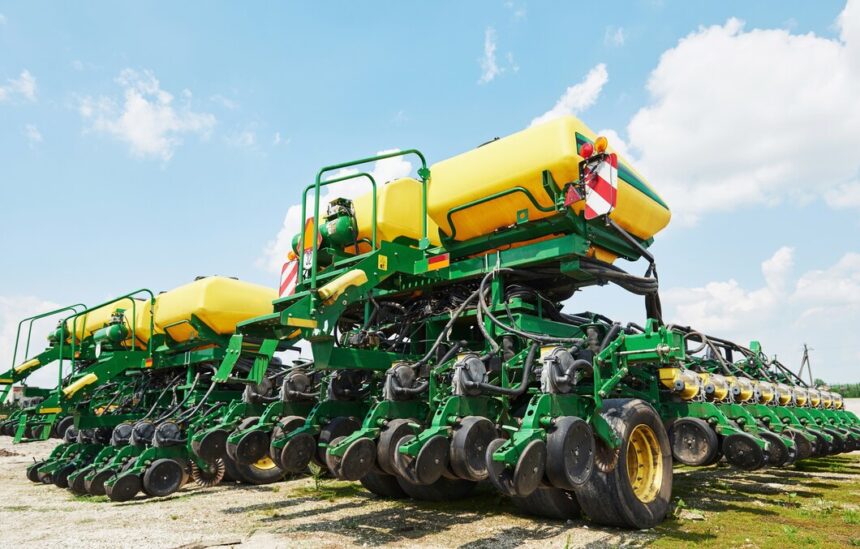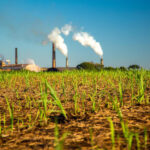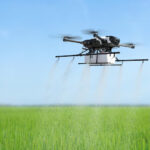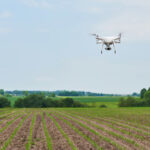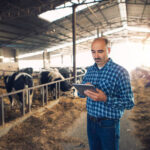Farming in South Africa, with its diverse climate and varied agricultural practices, requires a combination of traditional methods and modern technology. Having the right tools can significantly enhance productivity, efficiency, and sustainability on the farm. Here’s a guide to 10 essential tools every farmer in South Africa should consider incorporating into their toolkit.
1. Tractor
A tractor is the backbone of any farming operation, providing the power needed for a variety of tasks, from plowing fields to hauling equipment. Investing in a reliable tractor can help increase productivity and reduce labor costs. Choose a tractor that suits your farm size and specific needs, considering attachments like plows, harrows, and trailers.
2. Plowing Equipment
Proper land preparation is crucial for healthy crop growth. Plows, such as moldboard or disc plows, are essential for turning the soil, aerating it, and mixing in organic matter. Depending on your soil type and farming practices, you might also consider a rotary tiller for finer soil preparation.
3. Seeders and Planters
Seeders and planters ensure that seeds are sown at the correct depth and spacing, promoting optimal growth. Manual seeders are suitable for small farms, while larger operations may benefit from mechanized planters that can cover more ground quickly. Look for seeders that can handle different seed types and sizes.
4. Irrigation Systems
Water management is vital in South Africa, especially in areas prone to drought. A well-designed irrigation system, whether drip, sprinkler, or pivot, can maximize water efficiency and improve crop yields. Assess your farm’s water resources and select a system that meets your specific needs.
5. Fertilizer Spreader
To achieve healthy crop growth, it’s essential to provide the right nutrients. A fertilizer spreader helps ensure even distribution of fertilizers across your fields. There are various types available, from handheld models for small areas to larger, tractor-mounted versions for bigger farms.
6. Harvesting Tools
Efficient harvesting is critical to minimizing crop loss. Depending on your crop type, you may need various tools, such as sickles, scythes, or more advanced harvesting machines. For larger operations, consider investing in a combine harvester, which can streamline the process for grains and cereals.
7. Hand Tools
Hand tools are indispensable for small tasks and maintenance around the farm. Essential hand tools include hoes, rakes, shovels, pruners, and trowels. Investing in high-quality, durable hand tools can save time and effort in daily farming tasks.
8. Livestock Handling Equipment
For farmers with livestock, having proper handling equipment is crucial for safety and efficiency. This includes cattle crushes, feeding troughs, waterers, and fencing. Good fencing is especially important for keeping livestock safe and contained, while feeding and watering systems ensure their needs are met.
9. Protective Gear
Safety should always be a priority on the farm. Essential protective gear includes gloves, boots, masks, and eye protection. Consider investing in high-quality personal protective equipment (PPE) to safeguard against accidents, exposure to chemicals, and harsh weather conditions.
10. Storage Solutions
Proper storage is essential for protecting harvested crops and tools. Consider investing in silos, grain bins, or refrigerated storage for perishable goods. Additionally, having a designated area for tools and equipment helps keep everything organized and in good condition.
Having the right tools is fundamental to successful farming in South Africa. Each tool plays a critical role in enhancing productivity, efficiency, and sustainability on the farm. When selecting tools, consider your specific farming practices, the size of your operation, and your budget. By equipping yourself with these essential tools, you can improve your farming practices and contribute to a more sustainable agricultural future.

